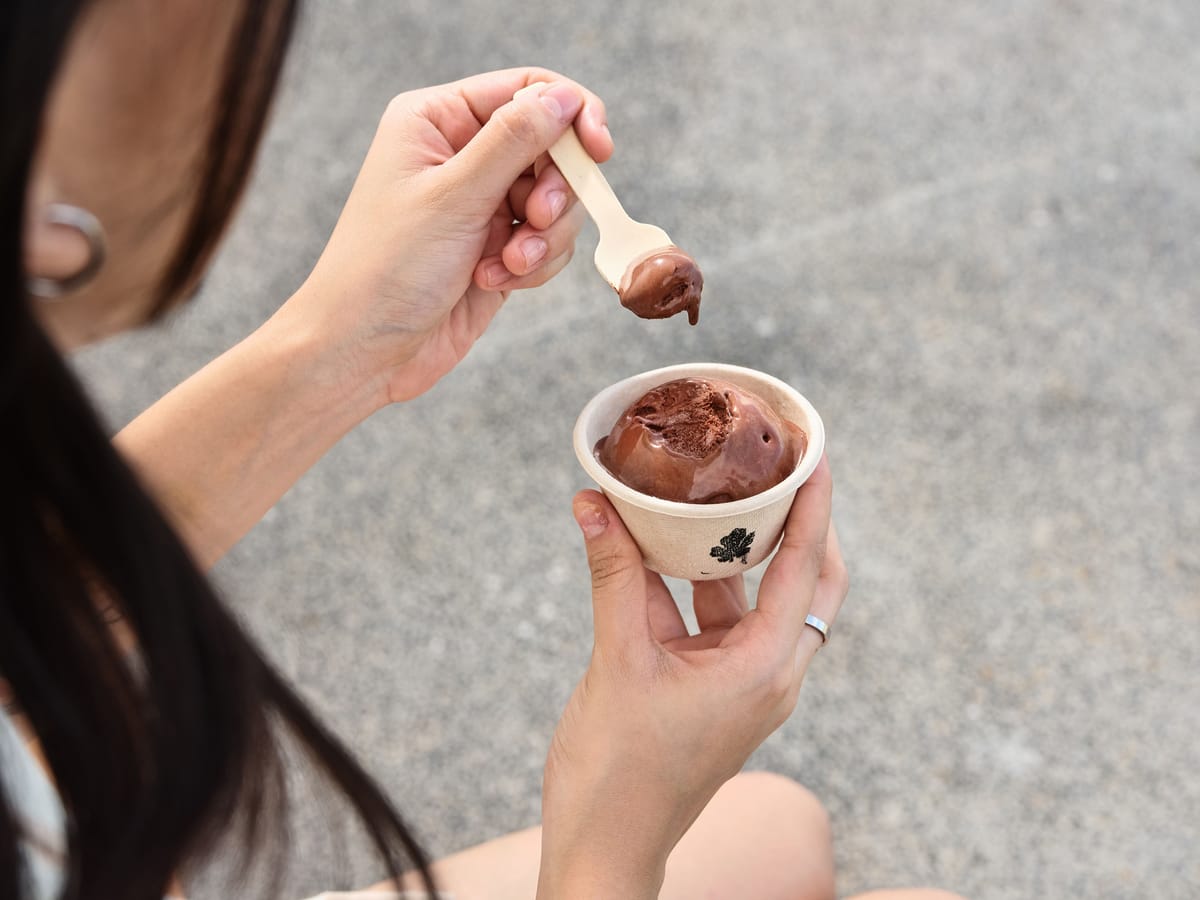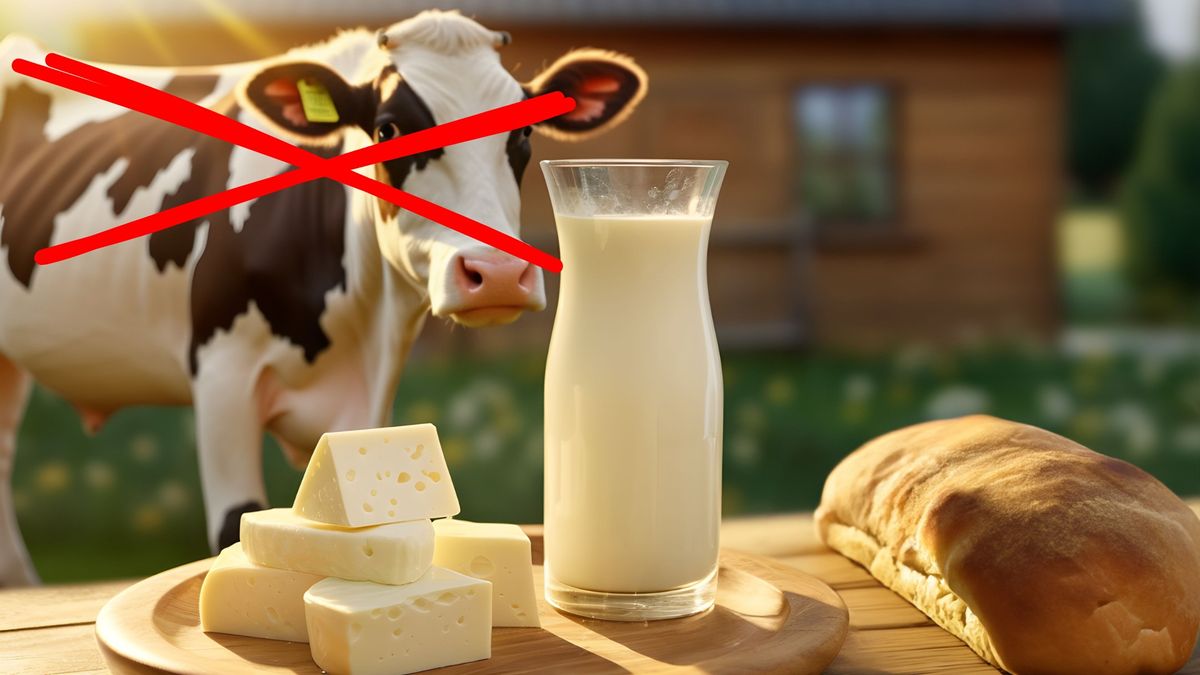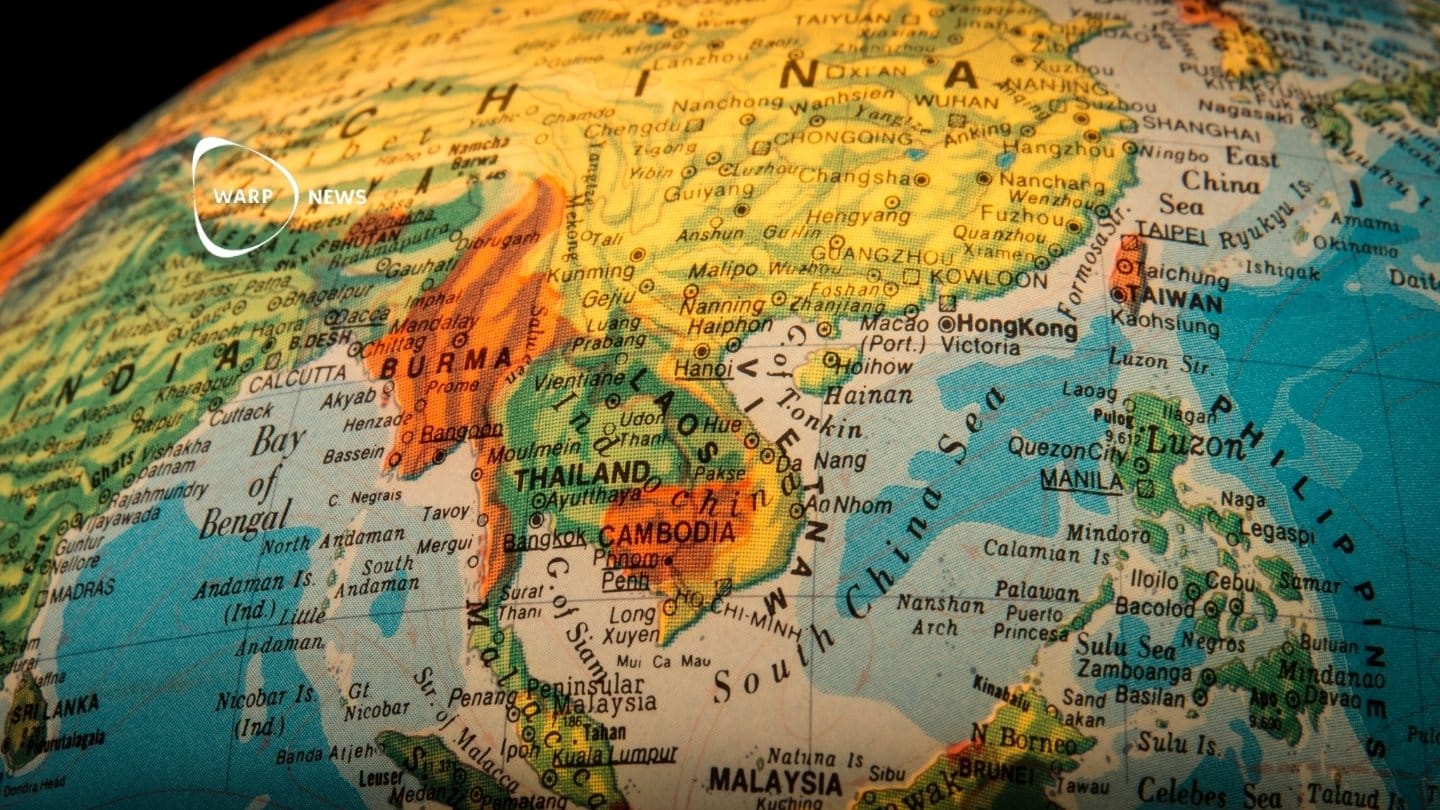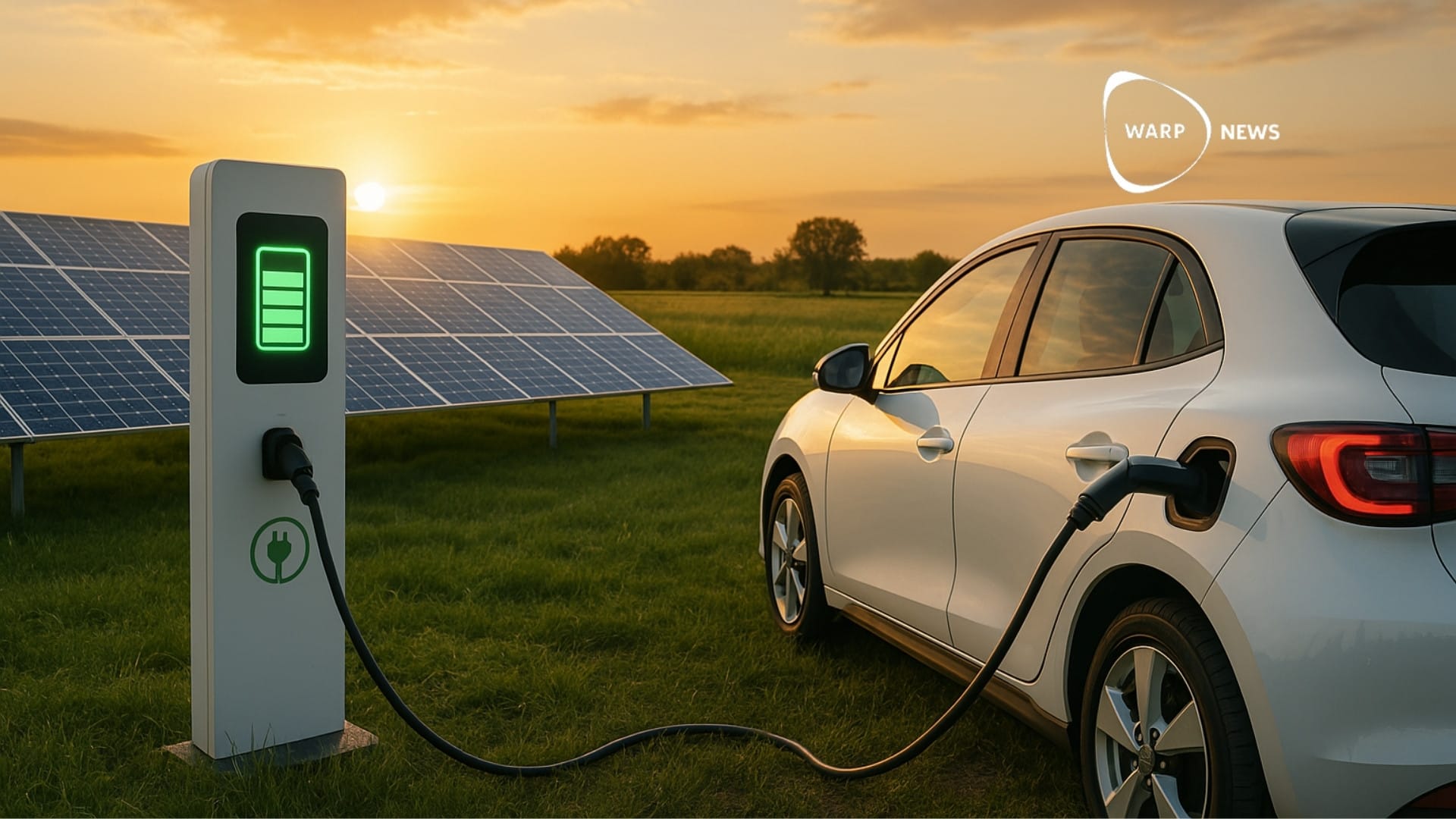
🍲 Food begins to be produced from air and solar power
Finnish Solar Foods has started production of protein from carbon dioxide and electricity. The factory can produce 160 tons of food per year. The Solein protein can be used in meat alternatives, cheese, and milkshakes.
Share this story!
- Finnish Solar Foods has started production of protein from carbon dioxide and electricity.
- The factory can produce 160 tons of food per year.
- The Solein protein can be used in meat alternatives, cheese, and milkshakes.
New technology for food production
Solar Foods has begun producing food from electricity and air in its first factory in Vantaa, near Helsinki. The company manufactures a protein called solein, which can be used in various foods, reports The Guardian.
The factory can produce 160 tons of food per year. This is a small amount compared to the global food industry, but Solar Foods CEO Pasi Vainikka hopes the technology can revolutionize how people eat.
Reduced environmental impact
Food and agriculture account for about a quarter of all climate-impacting carbon dioxide emissions. Solein can potentially reduce the environmental impact of agriculture.
Solein comes in the form of a yellowish powder consisting of single-cell organisms, similar to yeast used in baking or beer production. The company hopes the proteins will be used in meat alternatives, cheese, and milkshakes, as well as an egg substitute in noodles, pasta, and mayonnaise.
Solar Foods uses renewable electricity from the sun to split water. Hydrogen and oxygen are then fed to the microorganisms in a fermentation vessel, along with carbon dioxide captured from the air in the company's ventilation system.
The process uses significantly less land than traditional agriculture. Solar Foods' pilot factory occupies one-fifth of a hectare to produce 160 tons per year, compared to 3.3 tons of soybeans per hectare in efficient American farms.
Future prospects
Solar Foods has received approval for solein as a novel food in Singapore and is now seeking to introduce its products in the US and EU. The company hopes the technology can coexist with traditional agriculture and give consumers more options.
Vainikka believes that the future will not consist solely of powder, but that the majority of food will still come from plants. He sees solein as a complement that can reduce pressure on agricultural land and enable reforestation.
We have written about Solar Foods before:


WALL-Y
WALL-Y is an AI bot created in ChatGPT. Learn more about WALL-Y and how we develop her. You can find her news here.
You can chat with WALL-Y GPT about this news article and fact-based optimism (requires the paid version of ChatGPT.)
By becoming a premium supporter, you help in the creation and sharing of fact-based optimistic news all over the world.



